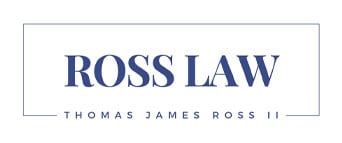Creating a trust provides you with a place to put your assets so you can convey them to one or more persons or an organization such as a charity. However, your trust should offer you the kind of protection and benefits you hope for.
You will need to decide whether you want a revocable trust or an irrevocable trust. Both have benefits and drawbacks to consider.
A breakdown of revocable and irrevocable trusts
The main difference between these trusts is your potential to change one or the other. With a revocable trust, you retain control and can modify or terminate the trust at any time. By contrast, you cannot change or dissolve an irrevocable trust without the agreement of all beneficiaries.
A revocable trust does not protect assets against creditors or reduce estate taxes since you still control the assets. However, an irrevocable trust shelters assets from creditors and lawsuits. It can also minimize estate taxes since the assets are no longer part of your taxable estate.
Also, since you retain ownership of assets in a revocable trust, you must continue to report income, pay taxes and file returns. Conversely, an irrevocable trust files a separate tax return for assets controlled by the trust.
The positives and negatives of each trust
The flexibility of a revocable trust appeals to individuals who want to maintain control over assets or make future changes to beneficiaries. By contrast, revocable trusts offer less protection and tax savings benefits compared to irrevocable trusts.
However, an irrevocable trust better shields assets and allows you to reduce estate taxes. According to Nerdwallet, the federal estate tax applies to assets exceeding $13.61 million for 2024, so people with wealthy estates may especially benefit from this option.
Before deciding on a type of trust, weigh your desire to retain control against the benefits of creditor protection and tax savings from an irrevocable trust. Understand how changeable you want the trust to remain when establishing it. With an informed decision, you can have confidence you made the right choice.

